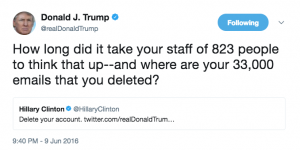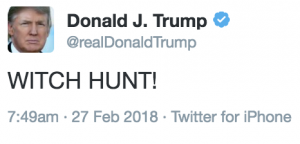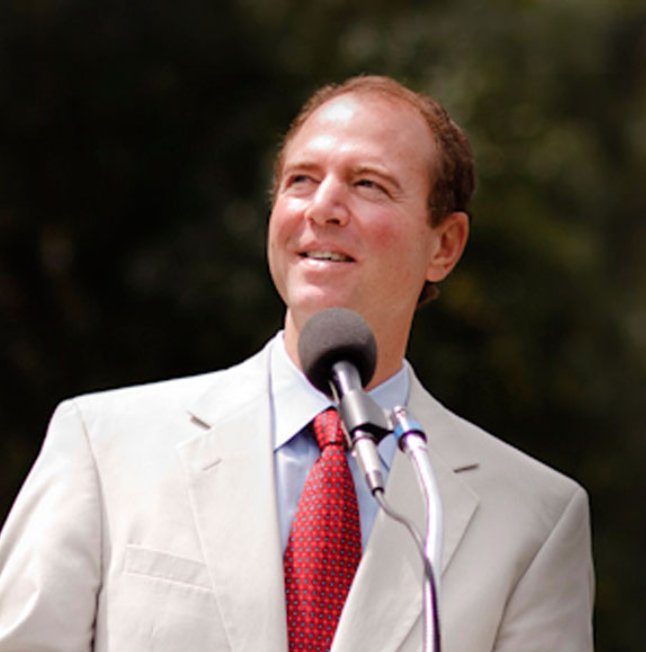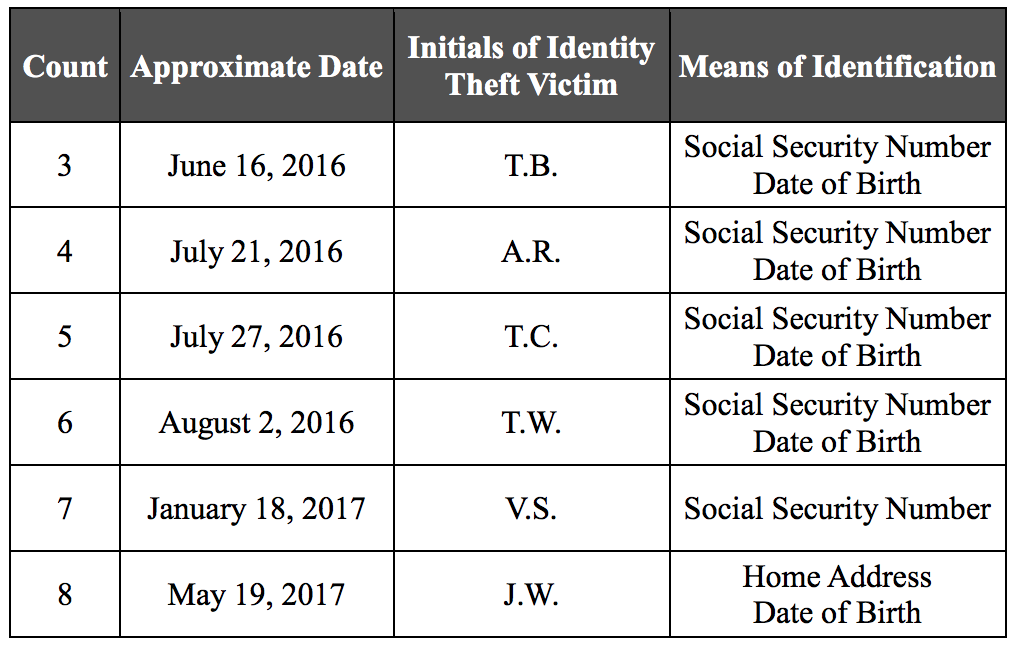Mueller Wants to Know How Far the Game of Email Telephone Got within the Trump Campaign
NBC has a story that has gotten a lot of people excited, reporting that Mueller’s team has been asking:
- Policy towards Russia: Why Trump took policy positions that were friendly toward Russia and spoke positively about Russian President Vladimir Putin
- Roger Stone: Whether Stone was aware of information the group had before it became public and when it might be released
- Trump’s knowledge: Whether Donald Trump was aware that Democratic emails had been stolen before that was publicly known, and whether he was involved in their strategic release
I think this story is both less and more than people are making it out to be.
It’s being overhyped for its facial value. Of course Mueller is going to ask about what the president knew and when he knew it. Of course he’s going to chase down whether Roger Stone’s repeated claims to know what was coming were bluster or not.
But on at least two counts, I think there’s more to this story than meets the eye.
First, as I noted when George Papadopoulos’ plea came out, the FBI charged the former foreign policy advisor for lying about whether he had been told of dirt on Hillary in the form of emails (which we now know they said they might anonymously leak to help Trump) before or after he joined the campaign. That they believed this important enough to charge suggests that, after two full months of cooperation, they got the answer they expected.
FBI found those lies to be significant enough to arrest him over because they obscured whether he had told anyone on the campaign that the Russians had dirt in the form of Hillary emails.
To be sure, nothing in any of the documents released so far answer the questions that Papadopoulos surely spent two months explaining to the FBI: whether he told the campaign (almost certainly yes, or he wouldn’t have lied in the first place) and when (with the big import being on whether that information trickled up to Paul Manafort and Jared Kushner before they attended a meeting on June 9, 2016 in hopes of obtaining such dirt).
I’m sure that’s intentional. You gotta keep everyone else guessing about what Mueller knows.
But we can be pretty sure what the answers are.
There’s no way Papadopoulos’ plea would have been rolled out in the way it was except to get everyone he had told about the emails (as well as those who were instructing him on how to negotiate a meeting with Putin) on the record first.
So Mueller has a good idea of who learned first hand from Papadopoulos about the emails. What he may not know (or may be trying to lock in with further testimony) is how far that game of telephone extended; did it include Trump, and if so via what interlocutors. (Rick Gates may be, or may already have, enlightened Mueller on this point.)
These questions are also interesting against the background of something else suggested by the Papadopoulos plea (and subsequent NYT reporting), which I laid out here. Papadopoulos appeared to be signaling Ivan Timofeev, and those signals were closely tied to email releases.
In this post I did a timeline of all the known George Papadopoulos communications. The timeline made something clear: on two occasions, Papadopoulos alerted Ivan Timofeev to something in a Trump speech. On each occasion, something happened with emails.
[snip]
I’m not saying that the timing of these email releases were dictated by the speeches. Of course they weren’t. They were timed to do maximal damage to the Hillary campaign (not incidentally, in a way that coincided with the “later in the summer” timing Don Jr asked for in his communications with Rob Goldstone).
Rather, I’m saying that Papadopoulos seems to have been signaling Timofeev, and those signals closely mapped to email releases.
And those signals are among the things he tried to destroy.
Importantly, that signaling pertained to public statements on policies of Russian interest. I laid out three apparent incidences in that post, incidences mentioned in the plea.
In this post, I suggested what might be a fourth: when Trump’s twitter account tweeted about Hillary’s emails just 40 minutes after the June 9 Trump Tower meeting started and incorporated a potentially accurate number for how many staffers Hillary had.
I want to return to a detail many others have already noted, Donald Trump’s tweet, just 40 minutes after the Trump Tower meeting started, referencing Hillary emails (albeit the ones she deleted off her server, not the still secret stolen ones).
Given that George Papadopoulos seemed to treat other public statements from the campaign (most notably Trump’s April 27 foreign policy speech) as signals to the Russians the campaign was prepared to take the next step, could this tweet be the same? A response, seemingly from the candidate himself, accepting a deal presented in the meeting?
[snip]
I’m at least as interested in why Trump (or rather, Scavino or Parscale or Don Jr) used the number “823” in the tweet. In the aftermath of the John Sipher interview Jeremy Scahill did, Sipher suggested to me might be some kind of signal, a code; he’s the pro–maybe he’s right.
But I was wondering whether it might, instead, reflect real-time knowledge of the Hillary campaign’s finances and resources. That is, I wondered whether that number might have, itself, reflected the sharing of some kind of data that could verify the Russians had compromised Hillary’s campaign (or at least researched it substantively enough to know more than the Trump camp did). The public use of the number, then, might serve as a signal that that message, and the inside data, had been received.
While the specific number is difficult to check, I’ve been told the 823 number would have been at least “in the ball park” of the real number of Hillary’s campaign staffers on June 9, 2016.
If this (or, specifically mentioned in the NBC story, Trump’s July call for Russia to release Hillary’s emails) were part of the signaling, then Trump either could have been in the loop, or one of the flunkies who ran his iPhone account before he switched to iPhone himself could have been.
Which leads me to one more question reported by NBC today, almost as an afterthought. At least one witness was asked about the boundaries of Dan Scavino’s job.
At least one witness has been asked about Trump aide Dan Scavino, specifically about any involvement he may have had in the campaign’s data operation. Scavino currently runs the White House’s social media operations and is one of Trump’s closest aides.
I’m particularly interested in this given the report that Scavino was involved in negotiations through Rob Goldstone for promotions on Russian social media platform VKontakte, and the odds that he might have been the one tweeting any signaling tweets using Trump’s campaign.
So while these questions are, on the one hand, bloody obvious, they also may suggest a far more advanced understanding of how this operation might have worked.














